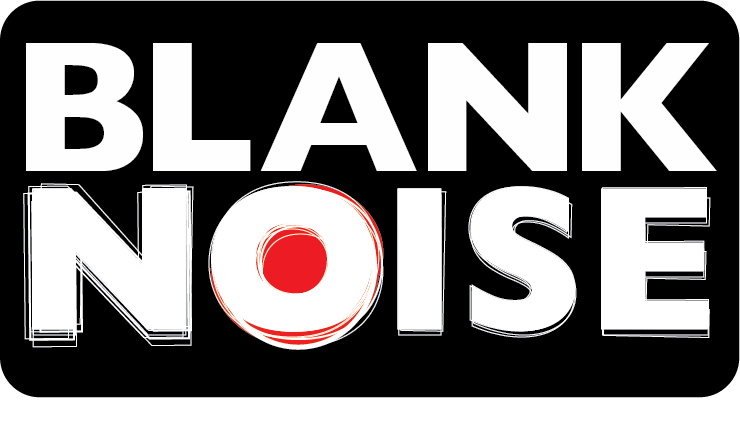Reporting To Remember - Caste and gender based violence


Violence against women is systemic. Violence against caste oppressed women, especially Dalit women, is the systemic dehumanization and preservation of historic caste hierarchies. Violence against caste oppressed women perpetrated by upper caste men is sanctioned through the dual power structures of gender and caste. Upper caste men operate with impunity from the state, society and the judicial system. The violence that caste oppressed women face is often erased and invisibilized through language that attempts to justify, through victim blame and shame. Murders caused by structural violence are termed as ‘suicide’ in an attempt to dismiss the underlying social injustice. The erasure and justification of violence against caste oppressed women is furthered through victim blaming language that frames rapes as ‘affairs’, and abductions as ‘elopements’.
When caste oppressed women survivors report, they face a bevy of social and institutional challenges that attempt to silence, discredit, blame and shame. Procedural delays and errors, hiding details, refusing to file complaints, and other such tactics obfuscate the reporting process for the family or the survivor. Often, police and other reporting authorities are of the same caste as the perpetrators or share caste based power hierarchies and privileges. Perpetrators are protected through power-sharing mechanisms; that benefit them and those who enable injustice. After cases are filed, families and survivors are met with social boycotts, ostracization and alienation as penalisation for daring to upset the status quo. Families that enact resistance on behalf or with survivors are arrested and harassed by police and government authorities.
Our research also reveals the complicity of the judicial system in the institutional erasure and justification of violence against caste oppressed women. When survivors have made it to the courtroom, despite procedural discouragement and a dehumanizing reporting process, the caste-based nature of the violence is often ignored or erased. Judgements also victim blame the survivor by attempting to discredit the survivor’s testimonial or by trying to imply that the survivor was ‘asking for it’.
There is no justification for sexual violence committed against caste oppressed women. Injustice cannot be silenced. We remember to honor the caste oppressed women whose experiences of patriarchal injustice are denied and dismised. For those of us with caste privilege, we extend our solidarity and support by making visible the caste based injustices that have been denied, erased and missing in public memory. Victim blame, doubly deployed against caste oppressed women along the lines of patriarchy and caste, attempts to justify gender and caste based violence. Together, we iterate that there is no excuse for sexual and caste based violence. We echo that caste nor gender is an invitation for sexual violence. #INeverAskForIt
For too long, public memory has ignored the violence of caste oppressed women; it has been made invisible and erased. It has lived in community memory alone and been denied its rightful place in public memory. When victims of caste-violence are remembered, they are to be remembered with dignity. We pledge not to forget. We demand dignity in how we remember. We demand that those of us with privilege make visible caste based injustices. We remember to honor the resilience of the communities that resist injustice every day. We are #ReportingToRemember and hold to account all institutions and individuals who have erased, enabled dismissed, and invisibilised violence against caste oppressed women through victim-blame in public memory.
Do you remember an instance of caste and gender based injustice that is missing from public memory? We invite you to add to the public archive, in resistance and in solidarity. Write in at actionshero@blanknoise.org
Unite to end victim blame. Build #ReportingToRemember.
No person, woman, or vulnerable communities ‘ask for it’.
#INeverAskForIt






















